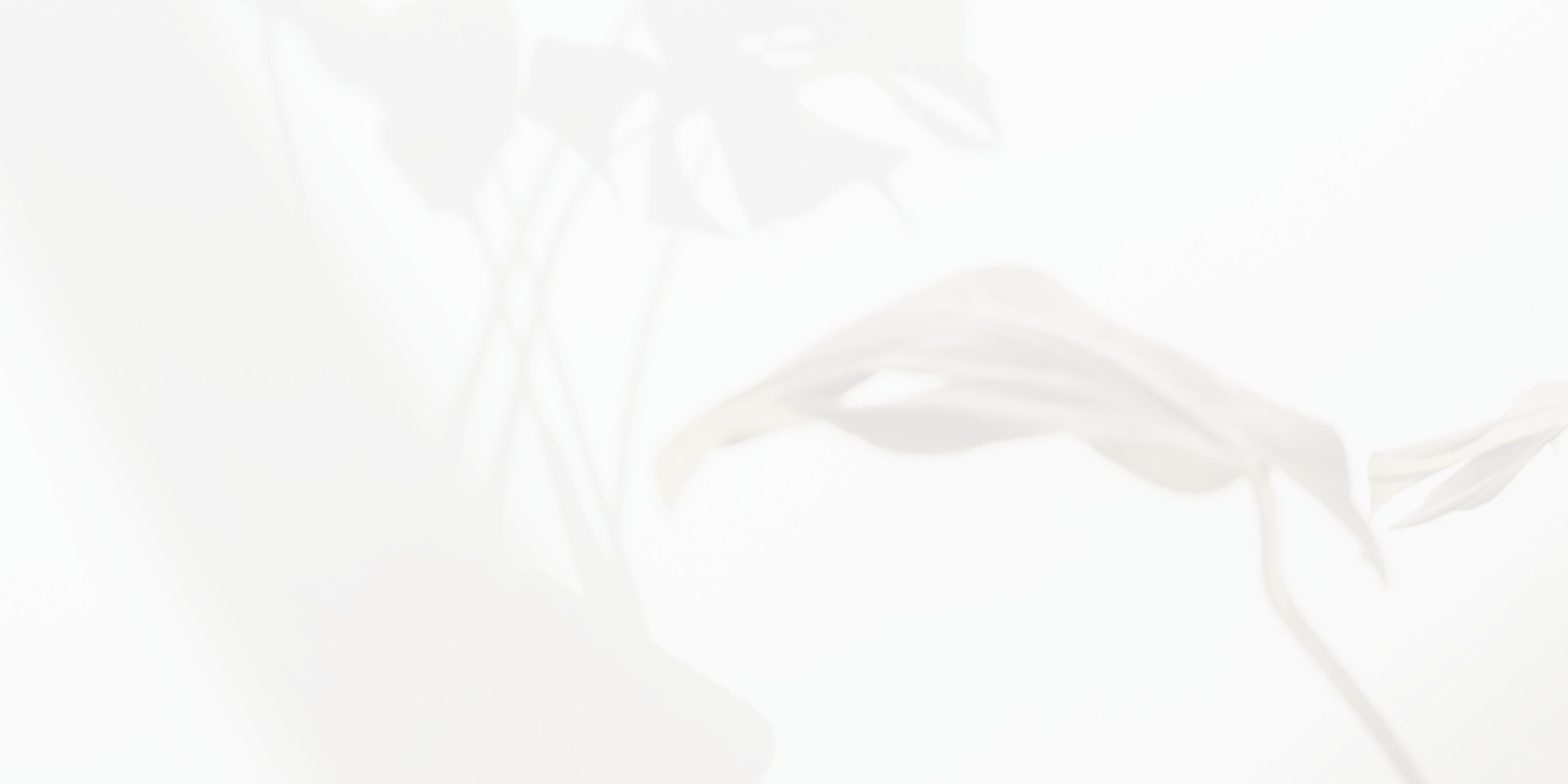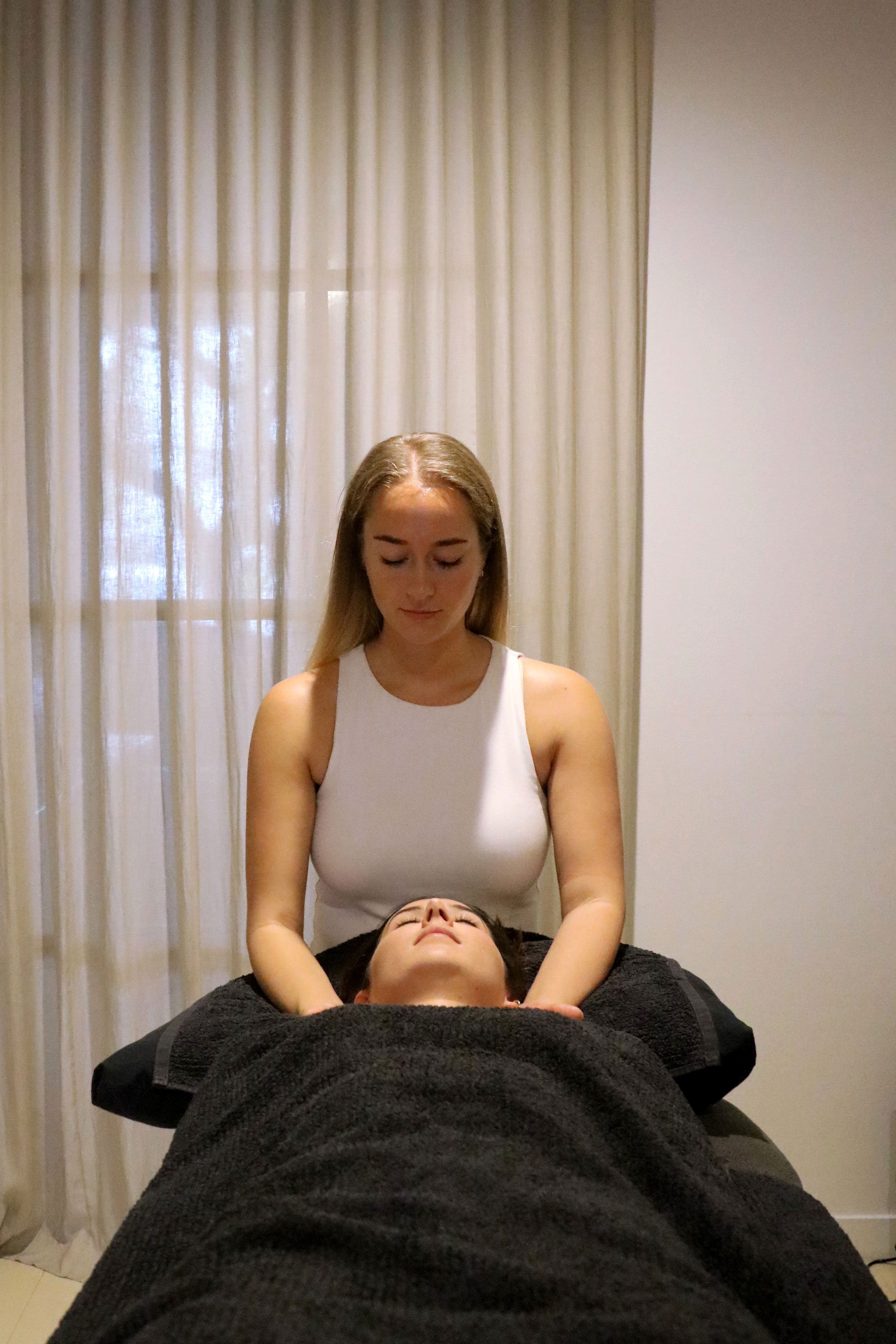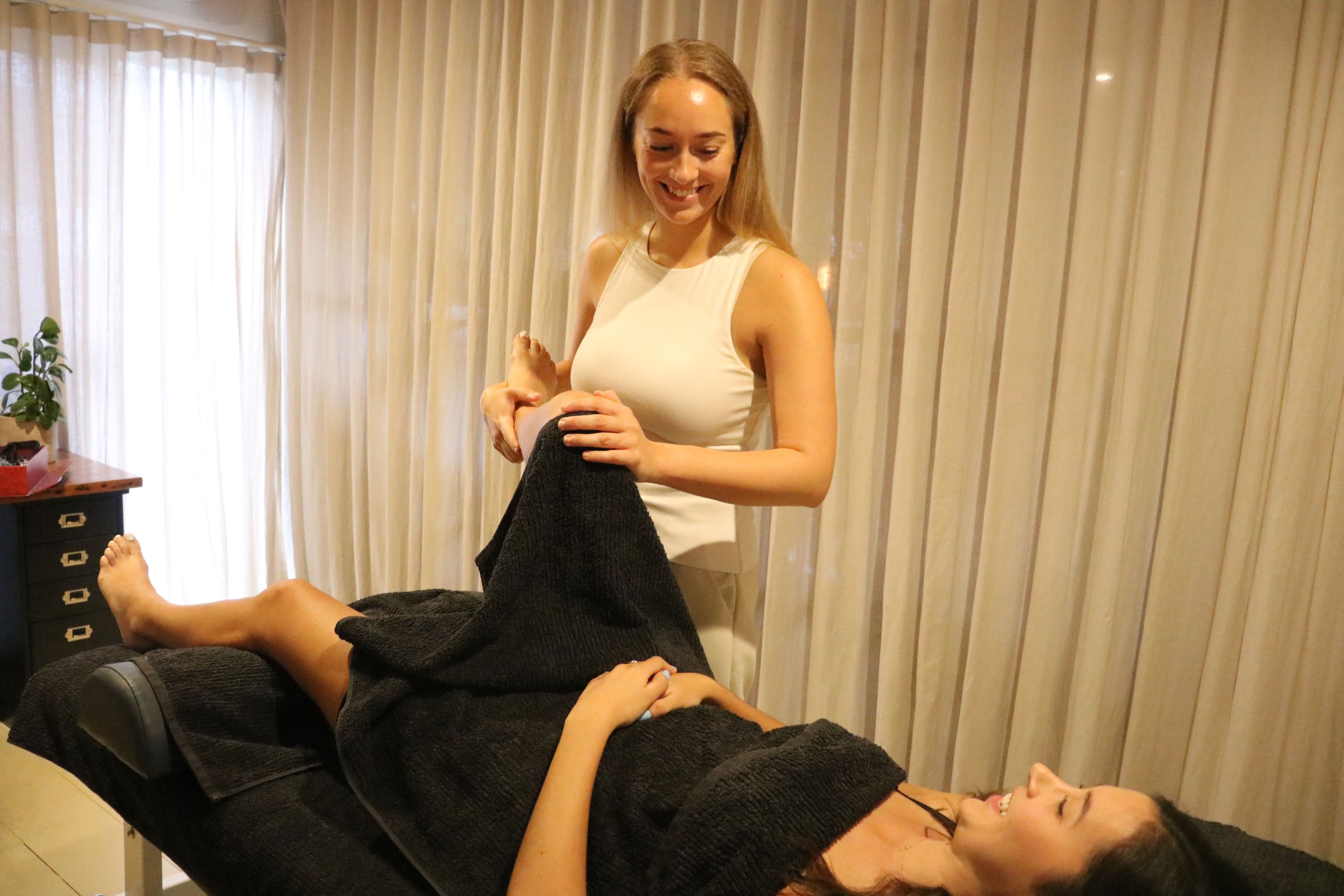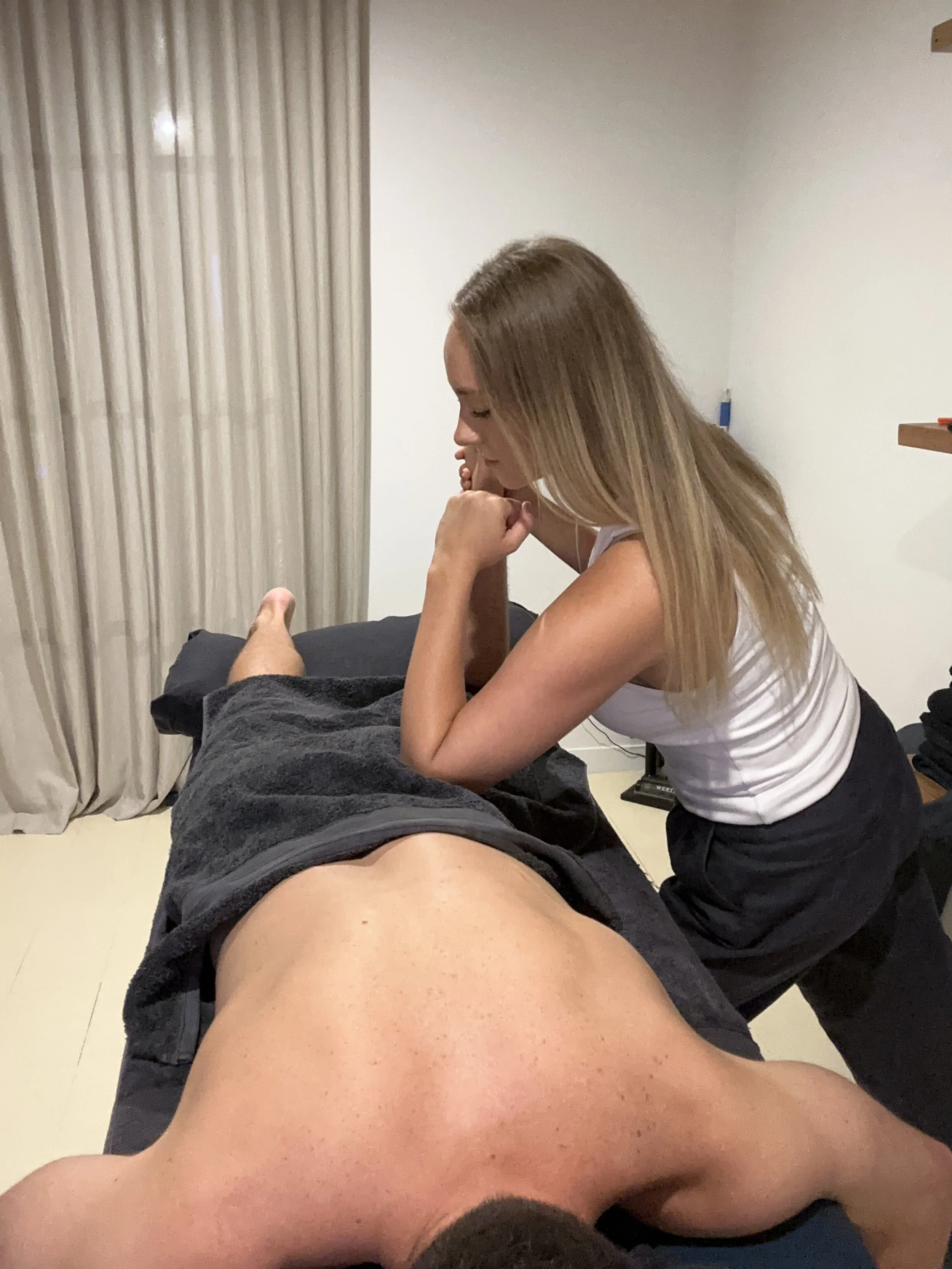Gold Coast Osteopathy designed around YOU
What is Osteopathy?
Osteopathy is a form of healthcare that utilises hands on manual therapy to enhance the bodies natural ability to heal and function optimally. Osteopaths utilise a range of techniques to diagnose and treat different biomechanical and musculoskeletal conditions assisting with pain management.
Osteopaths have a holistic approach to health care, viewing the body as a unit and treating the whole person. We factor in lifestyle, diet, stress and psychosocial aspects when determining the appropriate treatment and management for each person.
A range of hands-on techniques, including joint articulation, soft tissue massage, dry needling, joint manipulation, stretching, and more may be used to alleviate pain, improve mobility, and enhance the body's self-healing mechanisms. Embracing a patient-centered philosophy, Osteopaths also endeavour to identify and treat the underlying causes of health issues, promoting holistic well-being for individuals of all ages.
Why choose Tugun Osteopathy?
At Tugun Osteopathy we aim to provide you with the very best personalised, holistic, and compassionate care. We take the time to get to know your needs and help meet your goals at each step.
We aim to treat and manage the cause of your discomfort, not just the symptoms, aiding in long term relief.
Alongside Osteopathic treatment you may be provided, with diet, stress, exercise and lifestyle advice, pain management tools and much more.
Our team of highly trained Osteopaths use a range of techniques to promote healing and improve your quality of life.
Our Osteopaths are constantly learning and improving their skills. Outside of her double bachelors degree in Osteopathy Dr. Kira Nee has also completed her Masters in Women’s Health Medicine, Dry Needling and Cupping course, Pelvic Health and Advanced Prolapse courses and many more. Dr Tamarra Bills also has extensive experience as a massage therapist.
What should I expect in my first consultation?
Your initial consultation will begin by taking a detailed case history to help understand the concerns you have.
We will then undertake a comprehensive physical examination to understand your body mechanics and identify any issues or contributing factors to your presentation.
Following this we will discuss with you your likely diagnosis, you will be given the chance to ask any questions you may have and an individualised treatment plan designed to address your specific needs and goals will be discussed with you.
We will then undertake a thorough hands on treatment aimed at alleviating your discomfort.
We will provide you with any additional exercise or lifestyle advice and any other tips to assist in the management of your condition- this may include stress, nutrition, pain management and more.
A follow up consultation will likely be arranged to assess your progress and for continued management.
Common conditions we see:
Headaches & Neck Pain
Low Back Pain
Jaw Pain
Shoulder Injuries
Elbow & Wrist Pain
Plantar Facitiis
Ankle & Foot Injuries
Knee Pain
Arthritis Management
Rib Sprain/Pain
Chronic Pain
Hip Pain
Sports Injuries & Rehabilitation
Overuse Injuries
Exercise Rehabilitation
Tennis Elbow
Runners Knee
Achilles Tendinitis
Frozen Shoulder
Fibromyalgia
Sciatica
Scoliosis
Whiplash
Vertigo
Pelvic Organ Prolapse
Urinary Incontinence
Coccydynia
Vaginismus
6 week post natal check
Pelvic Floor Assessment
Pregnancy Care
Constipation Management
Breastfeeding Discomfort
Back Injuries
& many more
MOVE BETTER WITH
Osteopathy
Book an appointment.
Can’t find the appointment you are after?
Call us on +61 0405 640 786 or send us an email at info@tugunosteopathy.com.
What is the difference between Osteopathy & Physiotherapy?
Many clients new to Osteopathy will wonder what the difference is between an Osteopath and a Physiotherapist. The answer to this is broad and can vary greatly depending on the individual practitioners in each field. Both modalities are very similar in the wide range of conditions they can treat, it is the difference in philosophy, principles and techniques that set each modality apart from one another.
Osteopathy
Osteopathy was founded by Dr. Andrew Taylor still in 1874 and is based on 4 key principles:
The body is a unit.
Structure and function are reciprocally interrelated.
The body has its own self-healing mechanisms.
Rational treatment is based on the first three principles.
Osteopathy is a non-invasive form of manual therapy that aims to improve the health of all the body systems. Osteopaths adopt a whole-body approach to diagnosis, management and treatment of many acute and chronic conditions. They utilise a range of hands-on Osteopathic techniques to achieve and promote health in the body and take a wholistic approach to the treatment and management of your injury and symptoms.
Physiotherapy
Physiotherapy was founded in 1813 by Per Henrik Ling who founded the Royal Central Institute of Gymnastics and advocated for the use of massage and exercise.
Physiotherapy helps individuals that have an injury, disability, or illness through the use of physical techniques to improve movement and quality of life. Physiotherapists diagnose and manage a broad range of conditions and often work with clients in hospital settings to help manage chronic diseases, give lifestyle advice, prescribe exercises and aids to help people manage their pain or condition better.
Osteopathy and Physiotherapy
Osteopaths and Physiotherapists both incorporate manual therapy and exercise prescription into their treatment. However the range of skills and techniques used will vary. Osteopaths will utilise techniques such as: joint articulation, soft tissue massage, dry needling, muscle energy technique, joint manipulation and mobilisation, strain-counter strain, balance ligamentous tension, cranial and visceral techniques plus more. Physiotherapists will utilise therapeutic massage, joint mobilisation, hydrotherapy, ultrasound and pain education.
To distinguish between the two professions it is commonly believed that Osteopaths will utilise more hands on manual treatment with a small amount of time spent on exercise and mobility prescription. Physiotherapists however will do less hands on manual therapy and will spend most of their time on exercise prescription.
Osteopathy
A more hands-on approach
Dominated with manual therapy & provide exercises for the patient to complete at home
Treat the body as a whole
Physiotherapy
A strong focus on exercise-based management
Exercise is a key component of treatment
Area specific
Contact us.
Can’t find the information you are after or have more questions, send us an email at info@tugunosteopathy.com or call us on 0405 640 786
info@tugunosteopathy.com
0405 640 786
3/5 Toolona Street
Tugun, QLD, 4224


































